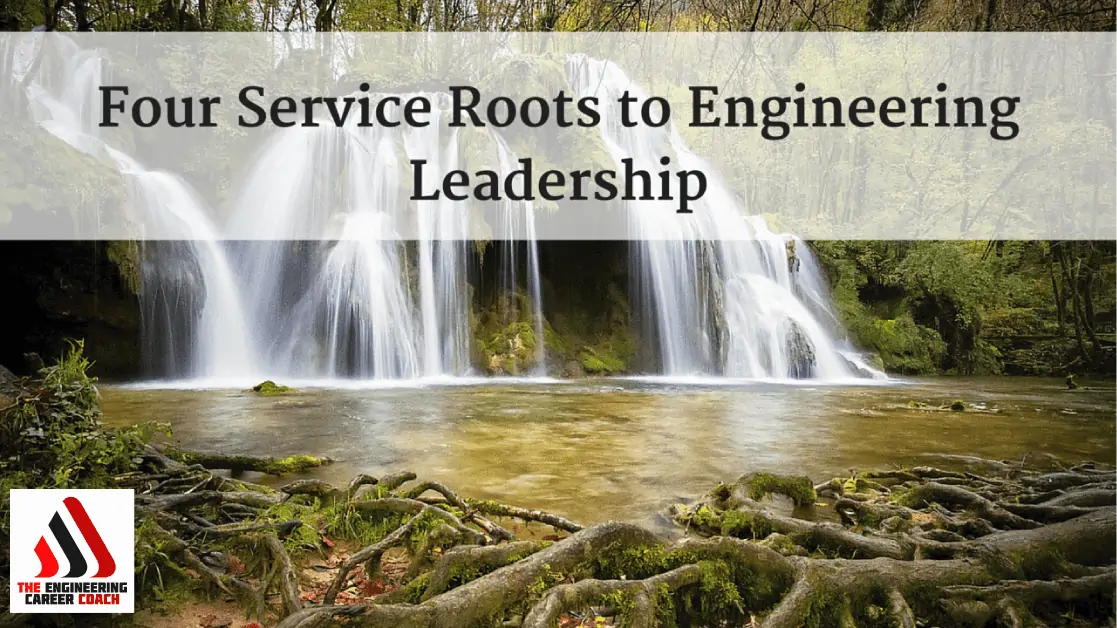This is a guest post by Philip Zimmerman PE, PCC, DMin.

The first root, the golden rule(+), I picked up from my father who routinely instructed me to treat others as good or better than I would like to be treated; he daily modeled this principle in word and deed. Through his mentoring and modeling I learned this principle goes far beyond just fulfilling a need, it was giving others above and beyond my own desires for the same things. I discovered that maturity in this area was experienced as joy in the heart knowing the need of another had been met. An ancillary heart sensation of maturity was purpose fulfillment.
While in my freshman year of college my dad, a plastics plant manager, helped arrange my first real job through a civil engineering contractor working for him. The principal of that company took me under his wing and immediately began to mentor and coach me in the area of empowerment; embracement of responsibility and authority. He allowed me to experience by both success and failure that there are no excuses for empowered service. Rather challenges are to be identified and overcome, skills developed and strengthened, and outcomes envisioned and achieved. I can without hesitation say that I would never have succeeded in my next position had I not developed maturity in empowerment. My maturity was reflected in confidence well beyond my years knowing strengths and skills are developed in the process of achieving envisioned outcomes.
Following graduation with an engineering masters degree I accepted a position as the first employee of an environmental engineering consultant. Over the next six and half years the principal picked up where my last mentor and coach left off and continued my learning and maturation in the areas of professionalism and humility. In the area of professionalism I learned it begins with developing a life and reputation of absolute trust, truth, honesty, integrity, and confidence. As a professional I not only have the responsibility to serve the needs of the client(s) but also an overarching responsibility and liability for life, health and property being safeguarded and the public welfare promoted through the service provided. It was this professionalism that allowed us to grow from two to sixty-five people in four offices over the next six years.
I have to say that when I pondered and actually experienced being involved in very cool big name engineering projects with a lot of client, regulator, and public accolades there was a natural tendency/bent toward getting a big head for merely doing my job; which I did very well. To say my mentor/coach who was also my boss and friend was a blessing in this area would be an understatement. He helped me realize and recognize that humility is being able to recognize that my own importance is not important at all. Any service I render is not dependent upon me providing the service but rather dependent upon the one(s) in need contracting out the service. I realized maturity of humility was experienced as thanksgiving; recognizing the opportunity to serve others and my community is a gift and privilege.
While there are many more service roots of servant leadership I learned over my thirty plus years of executive leadership I can say these four were critical in my being able to successfully open my own engineering company. And it was in owning an engineering company that the full weight of what we do as professionals became crystal clear. Improperly conducted or purposefully misapplied engineering principles and designs can dramatically and aversely impact human health, the environment, and public welfare.
I am confident that the four service roots of the golden rule(+), empowerment, professionalism, and humility are common with engineers in general and likely influence the publics opinion of our profession. In that regard, engineers tied for third spot in a 2012 Gallup Poll rating the honesty and ethical standards of people in twenty-two professions. Only nurses and pharmacists had higher rankings. It feels good to be an engineer!
About the writer,Philip Zimmerman, PE, PCC, DMin
Philip Zimmerman, PE, PCC, DMin is a masterful coach, leadership consultant, and trainer as well as an entertaining and engaging speaker. Through his company Engineering Leadership he uses insightful vision, entrepreneurial spirit, and love for others to artfully bridge meaning, purpose, and calling in people and organizations. He calls what he does, “Leadership by Design.”
To your success,
Anthony Fasano, PE, LEED AP
Engineering Management Institute
Author of Engineer Your Own Success





